Cluster Eligibility
Cluster size consists of a minimum of 3 faculty of which one must be a Senior Faculty. Departments will have 2 years to complete the hiring of their Cluster.
Cluster hires will occur in the following two categories:
STEM Clusters
- They should be broadly intellectually coherent
- Preference would be given to those clusters which span more than one department
- Funding would be directed at matching startup
- There would be a timeline for hiring (i.e. 3 people over 2 defined years)
Eligible STEM Disciplines & Departments include Applied Mathematics and Statistics, Biochemistry and Molecular Biology, Biochemistry, Cellular and Molecular Biology, Biological Chemistry, Biomedical Engineering, Biophysics, Biostatistics, Cell, Molecular, Developmental Biology and Biophysics, Cellular and Molecular Medicine, Cellular Molecular Physiology, Chemical and Biomolecular Engineering, Chemical Biology, Chemistry, and Civil And Systems Engineering, Cognitive Science, Computer Science, Cross-Disciplinary Program in Biomedical Sciences, Earth and Planetary Sciences, Electrical and Computer Engineering, Environmental Health and Engineering, Functional Anatomy and Evolution, Health Sciences Informatics, Human Genetics and Molecular Biology, Immunology, Materials Science and Engineering, Mathematics, Mechanical Engineering, Molecular Microbiology and Immunology, Neuroscience, Pathobiology, Pharmacology and Molecular Sciences, Physics and Astronomy, and Psychological and Brain Sciences.
Non-STEM Clusters
- They should be broadly intellectually coherent
- Preference would be given to those clusters which span more than one department
- Broad clusters can be identified when there is an articulated strategic reason for doing it.
- There would be a timeline for hiring (i.e. 3 people over 2 defined years)





